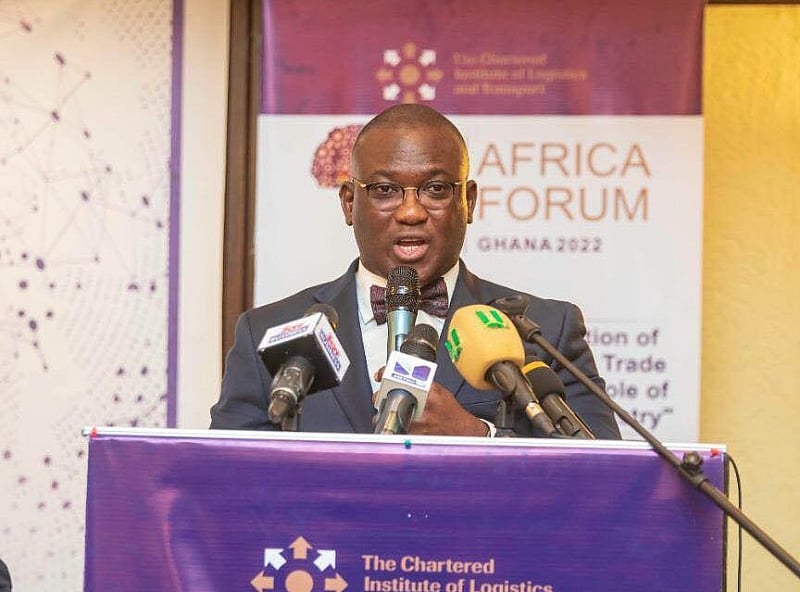Alhassan Tampuli, the Member of Parliament for Gushegu, has expressed reservations about the recently introduced Code of Conduct for government appointees, arguing that its current form lacks the necessary teeth to effectively tackle ethical dilemmas in public service. He contends that transforming the code into law is crucial for it to hold real weight and ensure accountability. Tampuli’s primary concern lies in the perceived inadequacy of a mere code of conduct to address the complexities of ethical breaches in government. He views the current document as more akin to a set of etiquette guidelines rather than a robust instrument for ensuring integrity in public office. This, he believes, necessitates a more stringent approach through legislation to instill greater accountability and deter potential misconduct.
Central to Tampuli’s critique is the inclusion of provisions he deems superfluous, such as those pertaining to civility, courtesy, restraint, and influence peddling. He argues that these principles represent fundamental values expected of individuals in public service and shouldn’t require explicit codification. Their presence in the code, he suggests, dilutes its focus on more critical ethical considerations and potentially trivializes the document’s overall purpose. He emphasizes that a code of conduct for public officials should concentrate on addressing substantial ethical dilemmas rather than reiterating basic societal norms.
Furthermore, Tampuli takes issue with the stipulated GH¢20,000 gift threshold for government appointees, advocating for its alignment with international standards. He highlights Ghana’s active participation in the global arena, where ministers and deputy ministers frequently interact with their counterparts from other jurisdictions. A significant disparity between Ghana’s gift threshold and those of other countries, he warns, could create potential conflicts of interest and undermine the country’s image on the international stage. Harmonizing the threshold with global best practices, he argues, would ensure consistency and avoid any perception of impropriety in dealings involving foreign officials.
Tampuli’s call for alignment with international benchmarks extends beyond just avoiding conflicts of interest. He emphasizes the importance of maintaining parity with acceptable global standards to ensure that Ghana’s ethical guidelines for public officials are perceived as credible and robust. This, he believes, is crucial for fostering trust and promoting transparency in government operations. He suggests researching the acceptable minimum gift thresholds in other regions, such as Europe, the Americas, and within international organizations, to establish a benchmark for Ghana. This comparative approach, he argues, would lend greater legitimacy to the code and demonstrate a commitment to upholding internationally recognized ethical principles.
Underlying Tampuli’s critique is a concern that the current GH¢20,000 threshold might not accurately reflect the long-term economic realities of the country. He humorously suggests that the figure may be an attempt to preemptively account for the potential devaluation of the cedi over the next decade or two. This remark underscores his belief that the threshold should be grounded in current economic conditions and be subject to periodic review to maintain its relevance and effectiveness. He advocates for a dynamic approach to setting the threshold, ensuring that it remains a practical and meaningful guide for government appointees.
In essence, Tampuli’s argument boils down to a call for a more comprehensive and enforceable framework for ethical conduct in public office. He views the current code as a well-intentioned but ultimately insufficient step, urging for its elevation to the status of law. He believes that this, coupled with a reassessment of certain provisions and the alignment of the gift threshold with international standards, would create a genuinely effective instrument for promoting ethical behavior and accountability within the government. His concerns reflect a broader desire for greater transparency and integrity in Ghana’s public sector, ultimately contributing to stronger public trust in government institutions.


